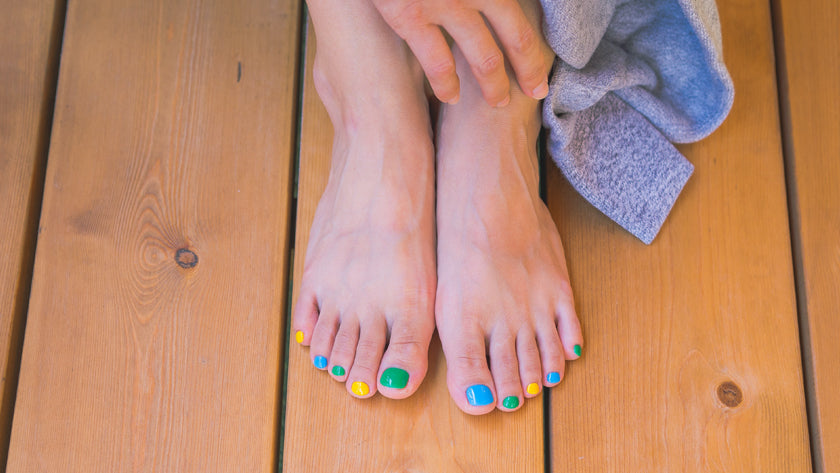
Myths and facts of ingrown toenails
Ingrown toenails are a common foot condition, and they're caused by factors of congenital origin, meaning those inherent to the person, or by factors related to lifestyle and nail care. However, there are many myths and truths about the subject that we will reveal right now in this article.
The pain of an ingrown toenail can be so intense that just a little touch would shake the entire body. In the beginning, it may not look that bad, but if left unattended, the consequences can be painful.
What is an Ingrown Toenail?
When a toenail becomes ingrown, the nail curls downward and grows into the skin, usually at the edges of the nail (the sides of the nail). This ingrown toenail irritates the skin, often causing pain, redness, swelling, and warmth in the toe.
And … Can it become infected?
If an ingrown toenail causes a break in the skin, bacteria can enter and cause an infection in the area, often characterized by drainage and odor.
What Causes an Ingrown Toenail?
- An inherited condition.
- Trauma (stubbing your toe on something, having an object fall on your toe. Also, doing activities that involve repetitive pressure on the toes, such as kicking or running.)
- Cutting an ingrown toenail too short stimulates the adjacent skin to fold over the nail.
- Wear shoes that are too tight or too small.
- Get previous toenail fungal infections or if you have lost a nail due to trauma.
The American College of Foot and Ankle Surgeons provides this valuable information on the myths and facts about ingrown toenails:
|
Myths
Cutting a notch (a "V") in the nail will reduce the nail's tendency to bend downward. Repeated nail edge trimming is a good way to treat ingrown toenails. Putting cotton under the nail will relieve the pain. You can buy effective treatments for ingrown toenails at a drugstore.
|
Truths Repeated nail trimming doesn't correct future nail growth, and may even make the condition worse. Putting cotton under the nail can be harmful. Cotton can harbor bacteria and encourage infection. Over-the-counter topical medications may mask the pain, but do not solve the underlying problem.
|
We hope this information will be useful in a way that’s easier to understand. Soon we will bring you more information related to this important topic. See you next time!












